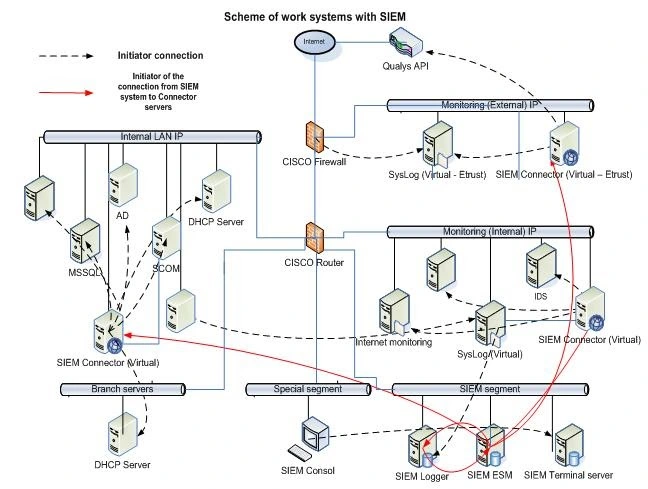Description
In today’s fast-paced digital environment, businesses rely heavily on advanced telecommunications and IT infrastructure to remain efficient, secure, and competitive. A Telecom & IT Partner offers essential services to manage and optimise these critical functions, enabling businesses to focus on their core activities. Here are the top 5 reasons why businesses need a Telecom & IT partner:
Expertise and Access to Advanced Technology
Telecom & IT partners bring industry expertise and deep technical knowledge, giving businesses access to cutting-edge technology solutions without hiring a large in-house team. They stay ahead of communications, cloud computing, cybersecurity, and IT infrastructure trends, ensuring businesses are always up to date with the latest innovations.
Access to Advanced Solutions – From cloud services like AWS and Azure, VoIP systems such as RingCentral, to AI-driven analytics tools like IBM Watson, and 5G networks from providers like Verizon, Telecom & IT partners help businesses adopt and integrate these new technologies that improve efficiency and competitive advantage.
Cost Efficiency and Predictable Budgeting
Managing telecommunications and IT systems in-house can be costly. A Telecom & IT partner allows businesses to outsource these functions, saving on hiring, training, and maintaining a full-time IT staff. Partners typically offer flexible pricing models, allowing companies to scale services as needed without the burden of significant capital investments.
Lower Operational Costs – Businesses save on expensive hardware, software licenses, and maintenance while only paying for the services they need. This helps streamline budgets and reduces the cost of staying technologically competitive.
Enhanced Security and Risk Management
Cybersecurity threats are on the rise, and safeguarding sensitive business data is more critical than ever. Telecom & IT partners specialise in proactive risk management, offering robust security solutions that include firewalls, encryption, secure networks, and regular security audits. They stay ahead of emerging cyber threats and ensure businesses comply with industry-specific security regulations, such as HIPAA for healthcare or PCI DSS for payment card industry data security.
Improved Cybersecurity – With a Telecom & IT partner, businesses receive expert-level protection against data breaches, cyberattacks, and other vulnerabilities. Their proactive approach minimises risks and keeps valuable assets secure.
Scalability and Flexibility
As businesses grow or evolve, their technology needs change. A Telecom & IT partner provides scalable solutions that adapt to a business’s changing requirements without the need for major infrastructure changes. Whether it’s adding new users, expanding to new locations, or integrating more advanced technology, a trusted partner ensures smooth transitions by providing comprehensive planning, testing, and support during these changes.
Seamless Scaling – Businesses can quickly scale up or down their services without interruption, ensuring that they pay only for what they use. This flexibility is crucial for companies undergoing growth or seasonal demand shifts.
Focus on Core Business Functions
Outsourcing telecom and IT management to a specialised partner allows businesses to focus on their primary functions without getting bogged down by technical issues. Telecom & IT partners handle everything from system upgrades to network monitoring, troubleshooting, and routine maintenance, freeing up internal resources for strategic tasks and business growth.
Increased Efficiency and Productivity – With a Telecom & IT partner managing the technology infrastructure, employees can concentrate on their key roles, driving growth and innovation rather than handling tech support issues.
Conclusion
A Telecom & IT partner is more than just a service provider—they are a strategy that helps businesses navigate the complexities of modern technology. By offering expertise, cost-efficiency, enhanced security, scalability, and the freedom to focus on core business functions, these partners play a critical role in helping businesses stay competitive, secure, and agile in today’s digital landscape.

